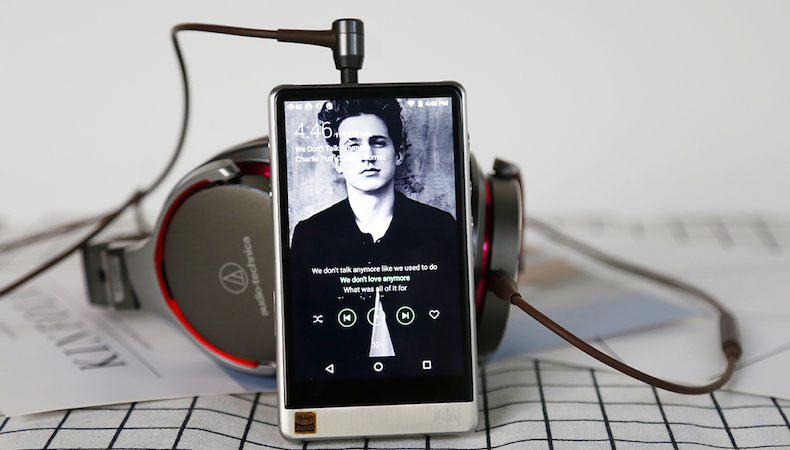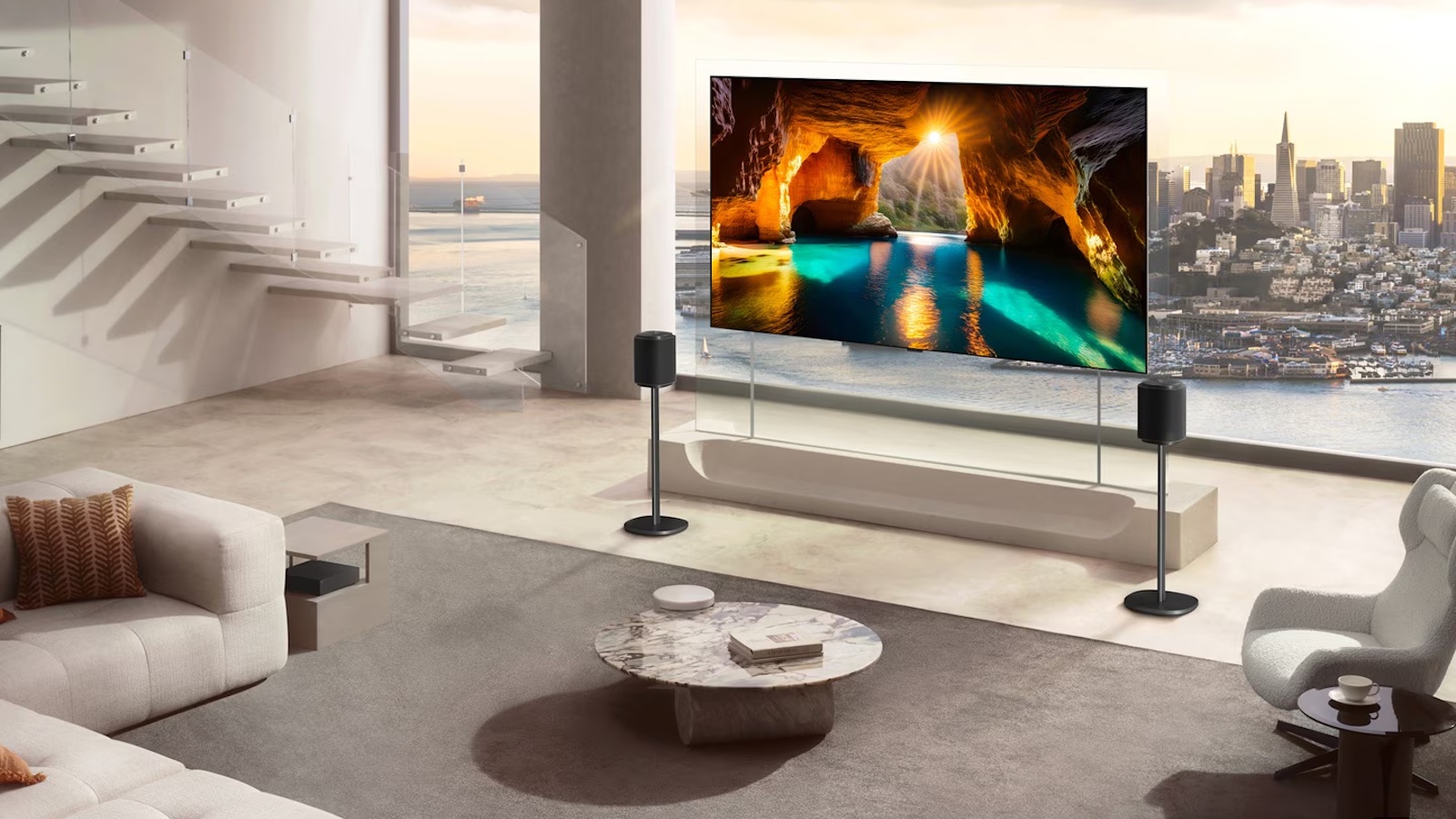HiBy R6 aims to be the "most advanced" Android hi-fi player
The company's Indiegogo campaign wants to bring you 32bit/384kHz audio from dual ESS ES9028Q2M DACs.

There is no doubt getting a good portable music player without spending a lot of money is a difficult feat. You want something to give you improved sound quality over from high-end smartphones like the iPhone X or the Samsung Galaxy Note 8.
Enter the HiBy R6, which sets itself the lofty goal of being the "most advanced Android hi-fi player". It's being funded on Indiegogo by HiBy Music, the company that works with Shanling to develop its music players.
Diving deep into the specs, the R6 has a Snapdragon 425 chip with 3GB RAM running Android 6.0, and dual ESS ES9028Q2M DACs.
It has a built-in 32GB of internal storage, and is capable of supporting 32bit/384kHz audio for all the usual file types like FLAC, ALAC, and WAV. There are line out and coaxial digital outputs.
Wi-fi and Bluetooth are available too, and the player has a claimed battery life of 12 hours - it's charged via a USB-C connection. With smartphones increasingly moving towards that input standard, it's nice to see other products embrace it too.
HiBy also says the player can bypass Android's Sample Rate Conversion (SRC), in order to (supposedly) produce a cleaner signal than other Android players or smartphones. Impressive on paper but the proof, as always, is in the listening.
If you're intrigued, you can back the R6 for $529 (around £400), but the usual warnings apply - crowdfunding campaigns do not always come through, and the quality of the product is not guaranteed.
The latest hi-fi, home cinema and tech news, reviews, buying advice and deals, direct to your inbox.
And, of course, we'd recommend waiting until What Hi-Fi? has tested it, too.
MORE:
LG to collaborate with Meridian on future audio products
Christmas Gift Guide 2017: 168 best gift ideas for music, film and vinyl fans
Remote-controlled, LED-filled vinyl records now exist
Samsung smart speaker is coming in 2018
Samsung screen patent hints at new double-sided smartphone
Adam was a staff writer for What Hi-Fi?, reviewing consumer gadgets for online and print publication, as well as researching and producing features and advice pieces on new technology in the hi-fi industry. He has since worked for PC Mag as a contributing editor and is now a science and technology reporter for The Independent.
